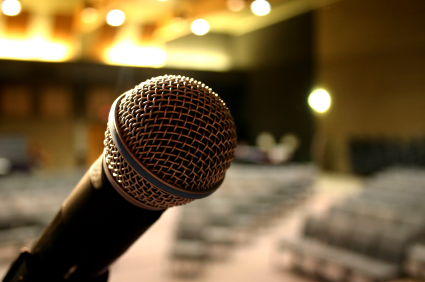Activities on Facebook, YouTube or any social networking site can land you in trouble. People do not have a blank check to do anything online. Key v. Robertson, 2009 U.S. Dist. LEXIS 51092, (E.D. Va. June 5, 2009) is an example of this situation.
When Facebook Goes to a Law School with Standards of Personal Conduct
A second year law student took a video clip of the law school chancellor scratching the side of his head on YouTube. When paused at the right time, it looked like the chancellor was giving the middle finger. The student took a screen shot of the video clip and made it his profile photo on Facebook. Key, 1-3.
The law school found out about the student’s profile photo and asked him to remove it because it violated the “Regent Standard of Personal Conduct’s prohibition against profane or obscene behavior.” Key, 3-4
The student took the photo off his Facebook profile. However, the student thought he could use the photo in the “appropriate academic context” because the Regent’s policy included an “academic” exception. Key, 3-4.
The student posted the photo on the law school listserv, which was used by school staff, faculty and law students. Key, 4.
As one can imagine, this did not go over well. The student was given the choice of posting an apology for posting or submitting “a legal brief in support of his contention that Regent’s disciplinary actions against him violated the American Bar Association’s (“ABA”) accreditation standards for law schools.” Key, 5. The student chose valor over grace and decided to fight.
The case got uglier, descending into the student’s legal fight and other students filing complaints they were afraid of the student. The facts of this case took place around the time of the Virginia Tech shootings and people were understandably concerned about their safety. Key, 5-16.
The school wanted the student to see a mental health professional because of the complaints, which the student refused. The student was ultimately suspended for a year for bringing a stun gun on campus. Key, 5-16.
Failed First Amendment Arguments

The Student Plaintiff claimed his First Amendment rights were violated by the private law school. The Plaintiff claimed there was a “state action” in that the private law school chilled his speech, because the school received direct and indirect Federal and state funds. Key, 31.
A school receiving public funds does not make a private school’s decisions a “state action.” Key, 31-32. As such, the Plaintiff’s First Amendment and other Constitutional arguments failed. Key, 32.
Bow Tie Thoughts
People can get into trouble for online conduct. While the facts of this case become extreme, the initial event of posting a photo happens all the time.
